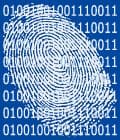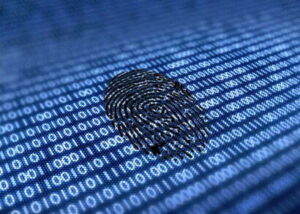 What is digital forensics?
What is digital forensics?
Computer forensics otherwise known as “digital forensics” is a process of electronic discovery to acquire digital evidence, analyse facts and report on a case by examining digital devices such as computers, hard drives or any other storage media or network conducted by a suitably trained computer forensic analyst in order to investigate a claim or allegation.
Computer forensics involves 4 basic steps:
- Acquisition and collection of data
- Examination
- Analysis
- Reporting
 The forensic investigator must be suitably trained to perform the specific type of investigation requested by the client who can be a solicitor, private detective, company manager, prosecuting agent or law enforcing agency. A computer forensic specialist will initially examine each computer forensic case to determine the complexity level of the case so that an appropriately trained digital forensic investigator or team of investigators is assigned to the job. It is at this level that all the costs, logistics and duration of the investigation is determined and communicated to the client. Depending on the case, there may be a charge for the initial assessment which will be agreed at the time of the computer forensic service inquiry.
The forensic investigator must be suitably trained to perform the specific type of investigation requested by the client who can be a solicitor, private detective, company manager, prosecuting agent or law enforcing agency. A computer forensic specialist will initially examine each computer forensic case to determine the complexity level of the case so that an appropriately trained digital forensic investigator or team of investigators is assigned to the job. It is at this level that all the costs, logistics and duration of the investigation is determined and communicated to the client. Depending on the case, there may be a charge for the initial assessment which will be agreed at the time of the computer forensic service inquiry.